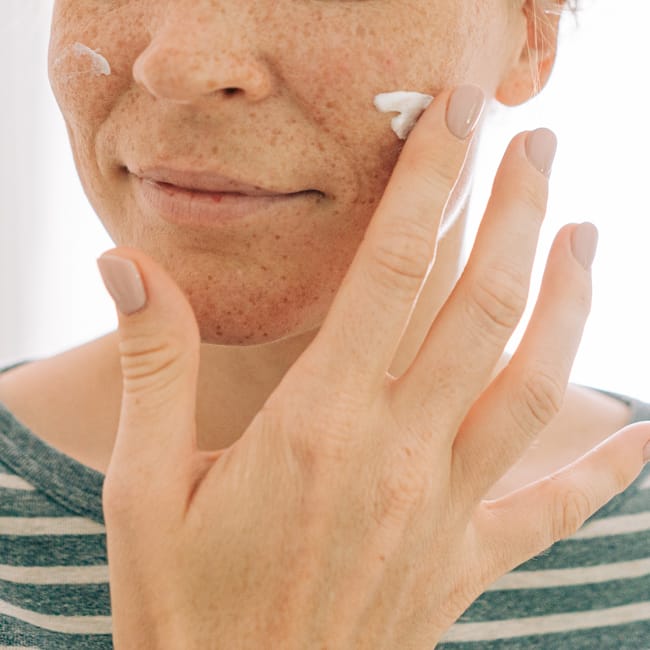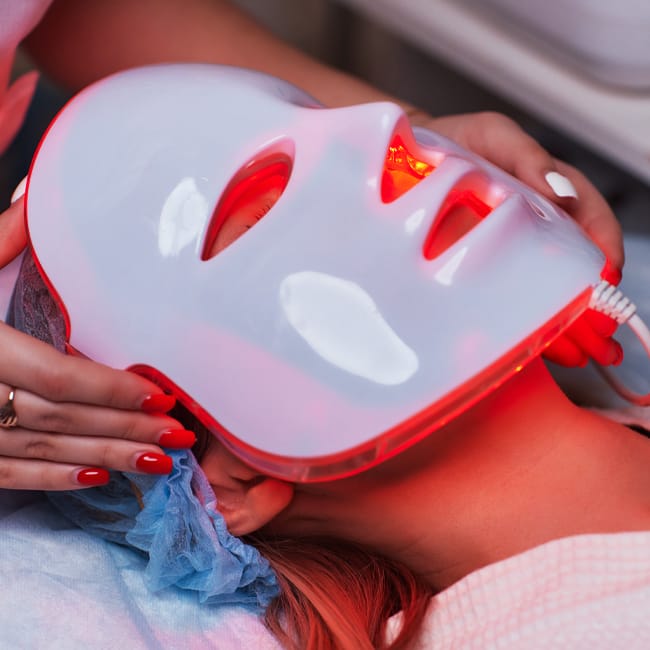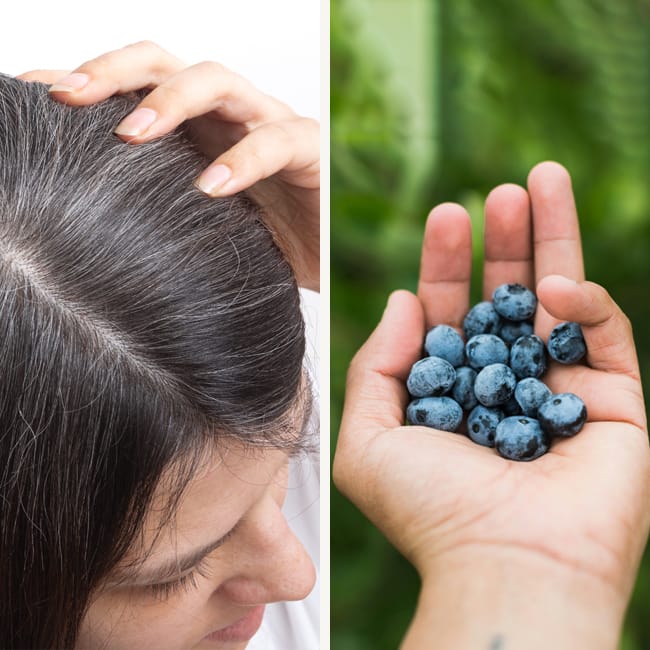

Tip #1— Watch Out For Occlusive-Based Products
One skincare ingredient that anyone with naturally oily skin should avoid is "anything occlusive-based," Chacon advises. Occlusives, she explains, are "active ingredients found in certain moisturizers and other makeup products." Applying an occlusive moisturizer such as petroleum jelly on your skin "creates a physical barrier that seals and locks in hydration," she adds.
This beauty process is known as "slugging" and has become a viral skincare trend on TikTok and elsewhere. While some with drier skin types might see benefits from this, those with oily skin, she notes, should steer clear. Ultimately, heavy occlusives are not suitable for oil-prone skin because they "create a barrier that can trap oils and clog pores," often leading to breakouts, Chacon warns.

#2— Look For Humectants, Emollients & 'Mild' Products
Instead of occlusive products, people with oily skin should use humectants and/or emollients, Chacon suggests. Humectants are water-based products such as hyaluronic acid that "bind the top layer of the skin for moisture," while Chacon notes that emollients are fatty lipid-based products that "enhance the skin's lipid barrier." She also recommends looking for products that are rich in ceramides for more oily complexions.
Dinopol adds that there are other cleanser ingredients to search for that are often labeled as 'mild' as opposed to containing harsh chemicals. "To help control oil production, you can try mild cleansers that dissolve oil but are also skin pH compatible and have ingredients like zinc, niacinamide, and glycolic acid, that have multiple skin benefits," she explains. Whatever skin type you have, Dinopol stresses that "it is always important to be gentle and avoid harsh ingredients."
"I have combination, acne-prone skin and I find using those simple mild cleansers twice daily followed by oil-free skincare products usually helps control shine even in warm humid climates," she says. With the wide range of products available in the market today, Dinopol concludes that "it's always a matter of finding what suits your lifestyle most," and of course, going to your dermatologist for proper guidance.


























